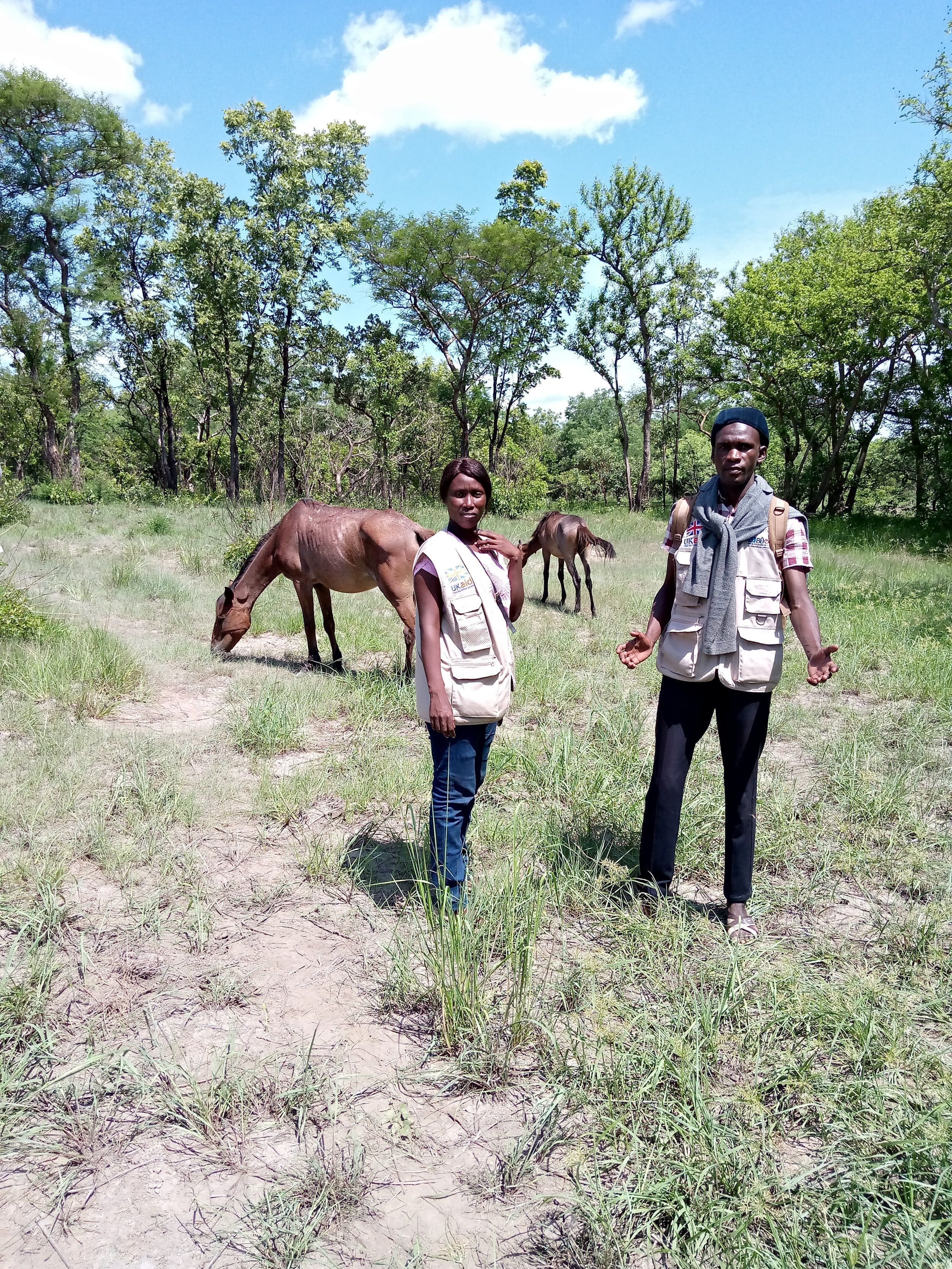
Cross-cutting issues
Our work cuts across many different issues. Here we’ll explain what and how.
Peacebuilding with women
Women's participation makes reaching peace more likely. When women's groups have an influential role in a peace process, the rate of peace agreements being reached and implemented is higher.
Peacebuilding in a climate crisis
Climate change exacerbates the risk and impact of violent conflict, especially where there is competition for scarce natural resources, poverty, or insufficient government resources.
Herder and farmer relations
Many herders move their livestock hundreds of miles each year, spending the wet season in the Sahel, then moving to more fertile grazing further south for the dry season. This ancient way of life often takes them across international borders and can bring them into conflict with settled farmers.
Peacebuilding and borders
It's important that our work continues to be regionally focused. Concordis is uniquely placed to work with people from both sides of international borders, enabling them to work together towards sustainable peace.
Peacebuilding and sustainability
Of the seventeen Sustainable Development Goals adopted by the United Nations in 2015, six are particularly pertinent to the work of Concordis.
Peacebuilding and risk multipliers
At Concordis, we are dedicated to understanding the root causes of conflict. Conflict is deeply connected to food security, climate change and COVID-19.
Peacebuilding in a pandemic
COVID-19 made peacebuilding even harder, and re-traumatised people already bereaved by conflict. Not only was vaccine supply limited by the West; people weren't taking up the vaccines available to them, and providing vaccines to rural areas was difficult. Confidence in the government to deliver a vaccine that was safe was low.







